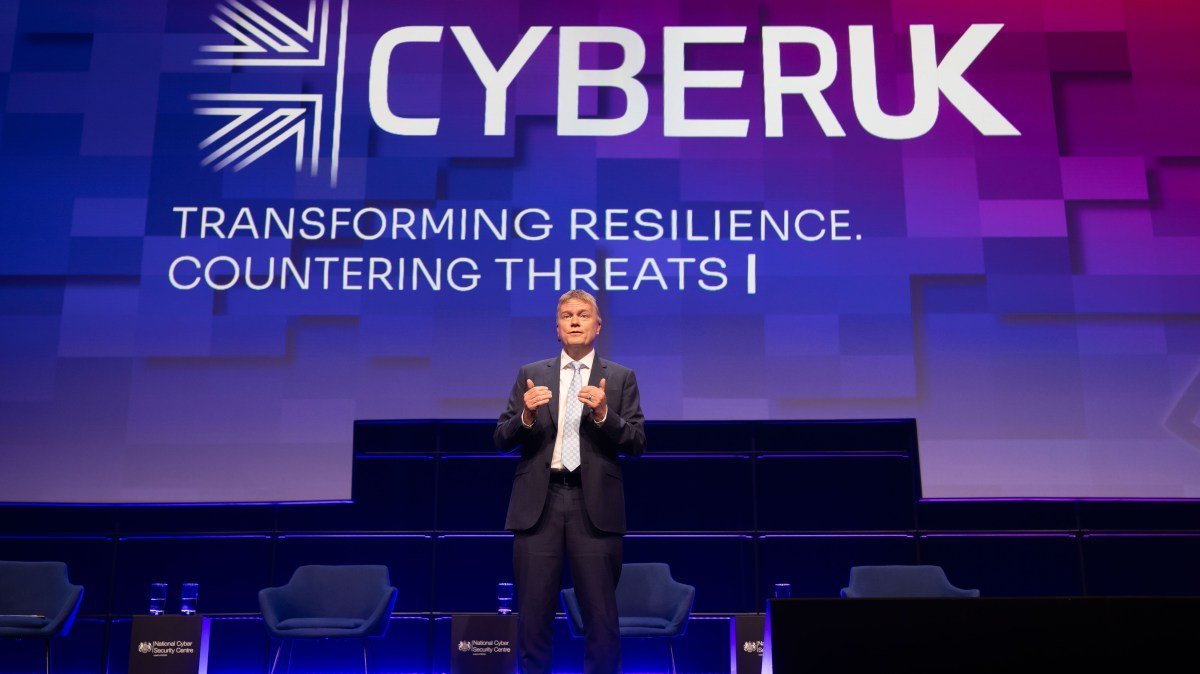[ad_1]
The government is investing £1.3 million to improve security at 500 small companies operating in sensitive sectors such as defence, artificial intelligence and life sciences to prevent their ideas from being stolen by competitors or malicious state-backed actors.
Peter Kyle, the science secretary, has allocated up to £2,500 in grants per company to help pay for a review by security experts vetted by agencies within MI5 and GCHQ.
Peter Kyle warned British firms about “malicious larger competitors” and state actors
RASID NECATI ASLIM/ANADOLU/GETTY IMAGES
“By supporting firms to protect their innovations, this government-backed scheme will help those who put the hours in to reap the rewards while keeping key companies and sectors safe from malicious larger competitors, including state actors,” Kyle said.
• Police can’t stop cybercrime, so here are some real solutions
The move comes after warnings from defence secretary John Healey that Britain’s military is coming under daily cyberattacks from Russia, as well as other countries. There have also been damaging cybersecurity breaches at retailers such as M&S and the Co-op that have cost hundreds of millions of pounds.
Innovate UK, which administers the Secure innovation security review scheme, said it would be open to companies operating in one of the 17 sensitive parts of the economy — including semiconductors and renewable energy generation — or within the eight broader priority sectors identified in the government’s industrial strategy, which include financial services.
The companies will receive advice on improving checks on new recruits to reduce insider threats, as well as common cybersecurity measures. They will be expected to contribute £500 each to the cost of the review, with the progress they have made to implement security improvements checked after six months.
• The law can only go so far — we need a culture shift to prevent cyberattacks
A pilot of this initiative in 2023 resulted in 98 per cent of the firms taking part stating they had gained sufficient knowledge to protect themselves from attacks.
Richard Horne, chief executive of the National Cyber Security Centre, part of GCHQ, said that improving security across the business community is “no longer optional”. “It’s essential for business growth and survival,” he said.
Figures from the National Protective Security Authority suggest that more than half of companies do not screen new recruits, while 39 per cent have only one protective security or cyber measure in place.
To apply, visit Innovate UK here.
[ad_2]


